Though 2021 isn’t quite done yet, the year-end best-of music lists have already been filed. Critically (as opposed to commercially), the consensus top Canadian album is the Weather Station’s Ignorance, which topped roundups by the New Yorker and British rock magazine Uncut, while also impressing the tastemakers at Esquire, the New York Times, Mojo, Paste, Pitchfork and Rolling Stone.
Other Canadian records making high-profile international lists include Allison Russell’s Outside Child (No. 1, according to Variety’s Chris Willman) and Mustafa’s When Smoke Rises (the top pick of New York Times critic Jon Caramanica).
Those three albums and seven others found their way onto the list of my favourite Canadian albums of the year, found below in alphabetical order.
Allison Russell – Outside Child

Handout
A heartbreaking work of staggering heartbreak. On her debut solo album, Nashville-based Montrealer Allison Russell gracefully fashioned a country-soul memoir that confronts the sexual abuse and trauma of her youth. “Blood on my shirt, two ripped buttons,” she sings on Persephone. On an album of healing, transcendence and the “promise of the dawn,” Russell’s music is melodically distilled sunlight after the storm.
Art Bergmann – Late Stage Empire Dementia
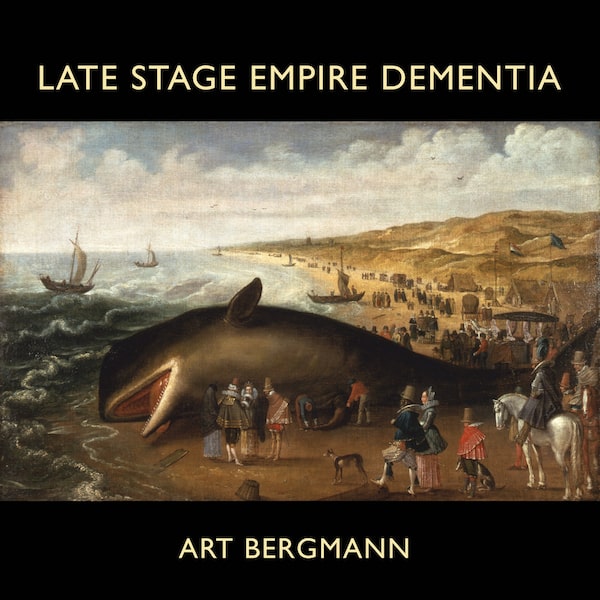
Handout
What’s that expression, “old-man strong?” The 68-year-old Albertan punk Art Bergmann is just that. On Christo-Fascists, with MC5 guitarist Wayne Kramer riding shotgun, Bergmann rails against the collaboration between right-wing politics and American evangelicals. Amphetamine Alberta is about modern disasters. The album sneers, snarls and roars poetically with unpleasant truths.
Bernice – Eau de Bonjourno
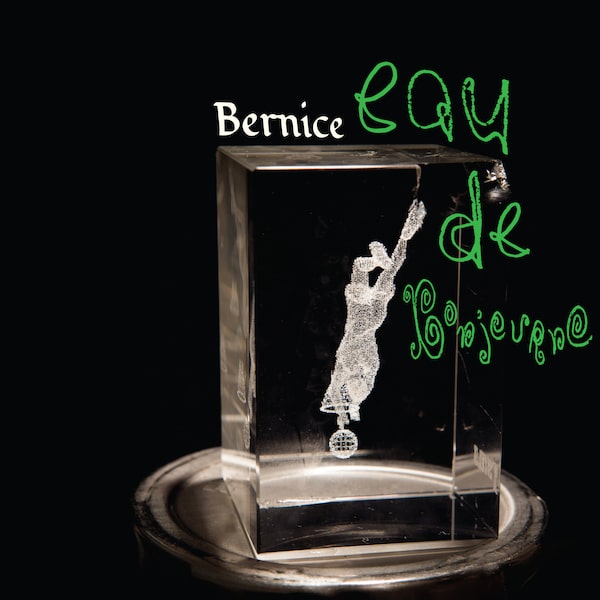
Handout
I’ve long been a fan of singer-composer Robin Dann, the central – if underappreciated – figure of Toronto ensemble Bernice, whose latest album offers up silky jazzed pop for the sensitive soul. The second track of Eau de Bonjourno is It’s Me, Robin, a subtle but firm tugging on coattails: “What can I say, you don‘t really know me / I thought if I just express this, you might let me be me / And accept that I’m here, still here – I am really here.” By the time we get to the soul-restoring late album track Infinite Love, Dann and Bernice need no introduction.
The Besnard Lakes – The Besnard Lakes Are the Last of the Great Thunderstorm Warnings
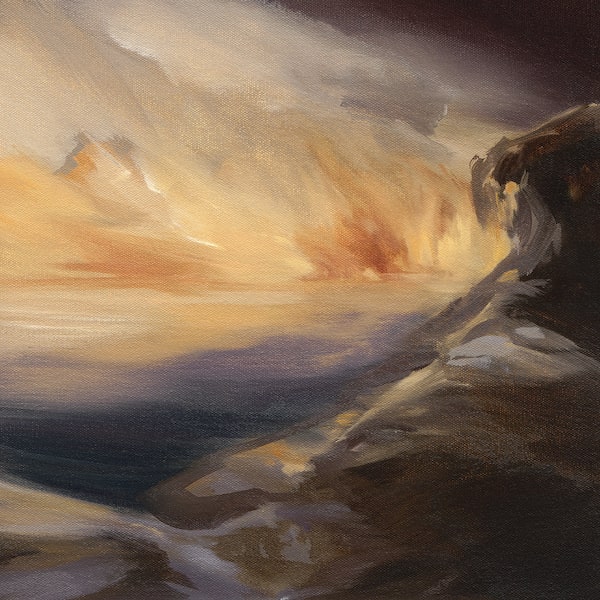
Handout
On a thematic double album by the Montreal psyche-rock maximalists, light and death are ruminated upon majestically. It’s a sci-fi/spiritual trip, inspired by the band’s own odyssey and the death of Besnard Lakes conceptualist Jace Lasek’s father.
Leanne Betasamosake Simpson – Theory of Ice

Handout
Leanne Betasamosake Simpson is a Michi Saagiig Nishnaabeg scholar and author whose 2020 novel Noopiming: The Cure for White Ladies was named one of the top 100 books of last year by The Globe and Mail. Theory of Ice sets seven of her poems about water to art-rock arrangements. A cover of Willie Dunn’s Pity the Country sonically escalates the iconic Canadian protest song into a radiant psychedelic anthem.
Mustafa – When Smoke Rises
Handout
The debut album from the poet-turned-singer Mustafa attracted international press and was produced by Canadian Grammy winner Frank Dukes, with help from high-profile imports James Blake and Jamie xx. The record is brief (at 23 minutes) yet potent, with an intimacy, quiet sophistication and soft musical eloquence that mesmerizes. The lyrics often reference gun violence and the death of friends such as Toronto rapper Smoke Dawg (the album title refers to him). With its urban folk songs and strummed acoustic sound, When Smoke Rises simultaneously represents this young artist’s promise and fulfilled potential.
Neil Young and Crazy Horse – Barn
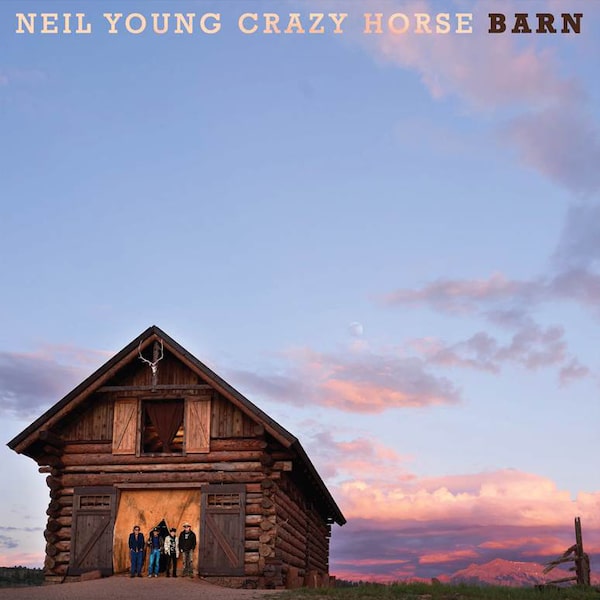
Courtesy of Warner Records
Neil Young’s latest is called Barn. It was recorded in a barn. Its sounds evoke a barn. And it is Young’s best album since 2010′s Le Noise. Harmonicas wheeze, accordions squeeze, and an electric Les Paul guitar corrodes the air. Young sings about the old days and worries about the new days, yet never once sounds like a fogey. He despairs (on Human Race) and waxes nostalgic (about Winnipeg, on Heading West). His final message is the album-closing Don’t Forget Love, a quaint but important reminder from the hippie age.
Shad – Tao

Handout
Canada’s hip hop laureate is on fire from the get-go on his sixth album, released this fall: “Canada heat, getting hotter than a Panama Beach / In a Canada Goose, speaking of Canada beast / Who’s speaking Canada’s truth?” Well, the rapper Shad is. Should I continue? “Who’s standin’ for peace? / Live from the home of the slaves and the land that was thiefed.” When it comes to Shad, it all rhymes – but, more importantly, it all reasons. His lyrics are entertainment and whip-smart commentary line-by-line. The music is colourful and never predictable. There’s a Joe Carter Blue Jays reference and, later, the word “literally” is used as God and dictionaries intended.
The Weather Station – Ignorance
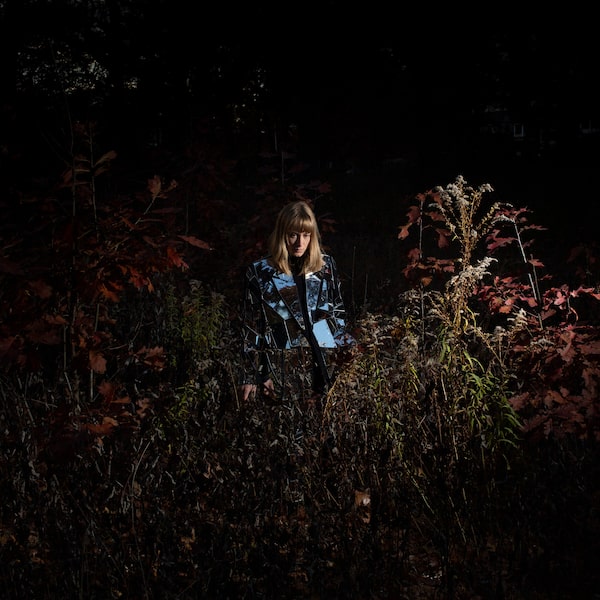
Handout
I’ve already spoiled the plot by earlier designating the Weather Station’s Ignorance as my favourite album of the year, Canadian or otherwise. The Weather Station is the ongoing project of Toronto’s Tamara Lindeman, an ever-evolving singer-songwriter whose sound now is softly rocking and sophisticated. Her fifth album Ignorance addresses loss and climate change, with Lindeman’s concerns conveyed in a dusky vocal register that both allures and insists.
The Zolas – Come Back to Life

Handout
Five years after their Juno-nominated album Swooner, Vancouver indie rockers the Zolas returned with a discman’s paradise of Nineties’ rock styles. Come Back to Life has excellent hints of Oasis, Nirvana and other bands from the age – but nostalgia is the vehicle, not the cause. Wreck Beach/Totem Park draws attention to Canada’s treatment of Indigenous people; PrEP references the AIDS epidemic of the 1980s; Bombs Away laments the effect of gentrification on artists: “Living in a city of dotted silhouettes / Everybody’s fading, maybe we’ll be next.”
Sign up for The Globe’s arts and lifestyle newsletters for more news, columns and advice in your inbox.
 Brad Wheeler
Brad Wheeler